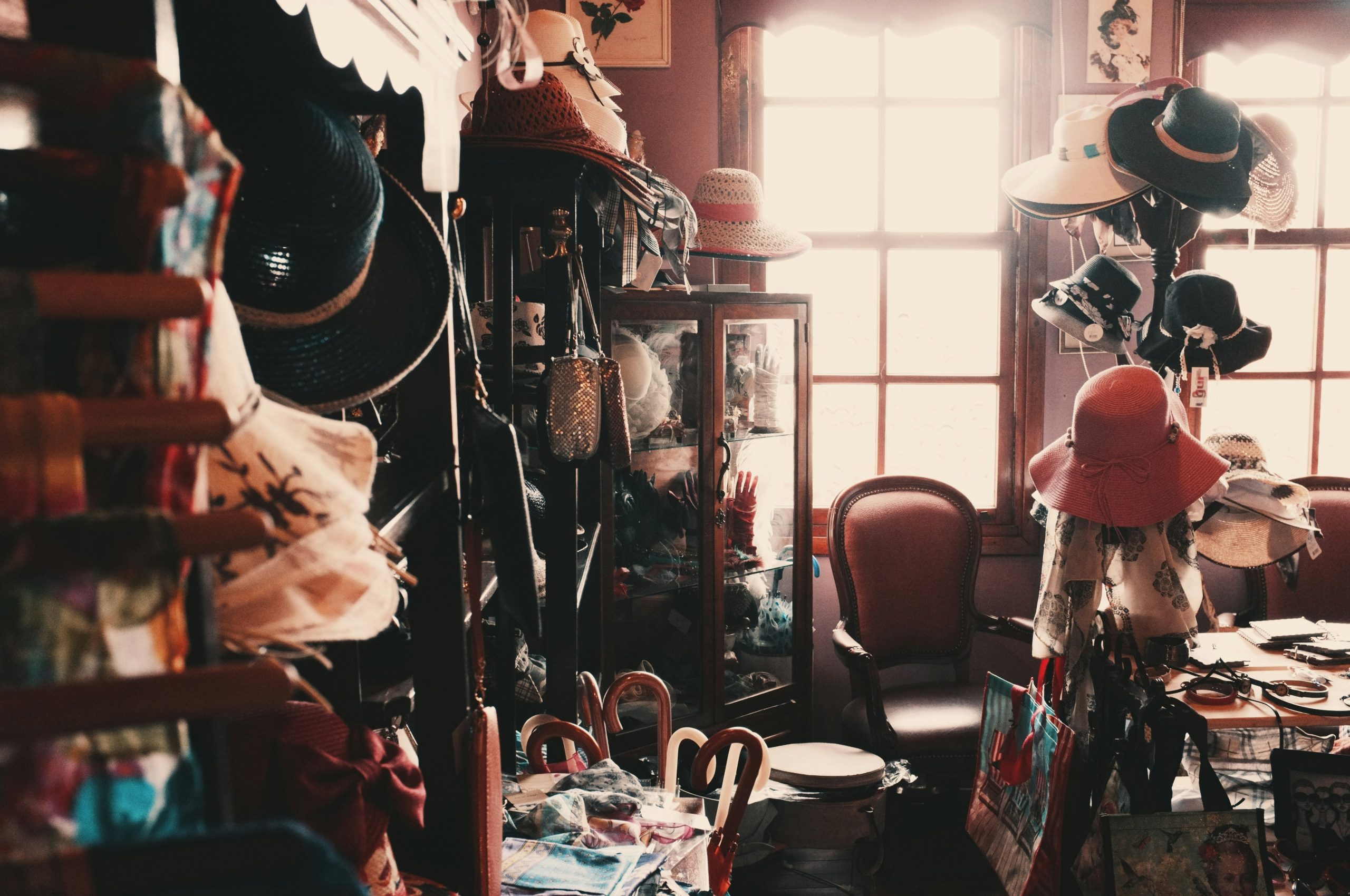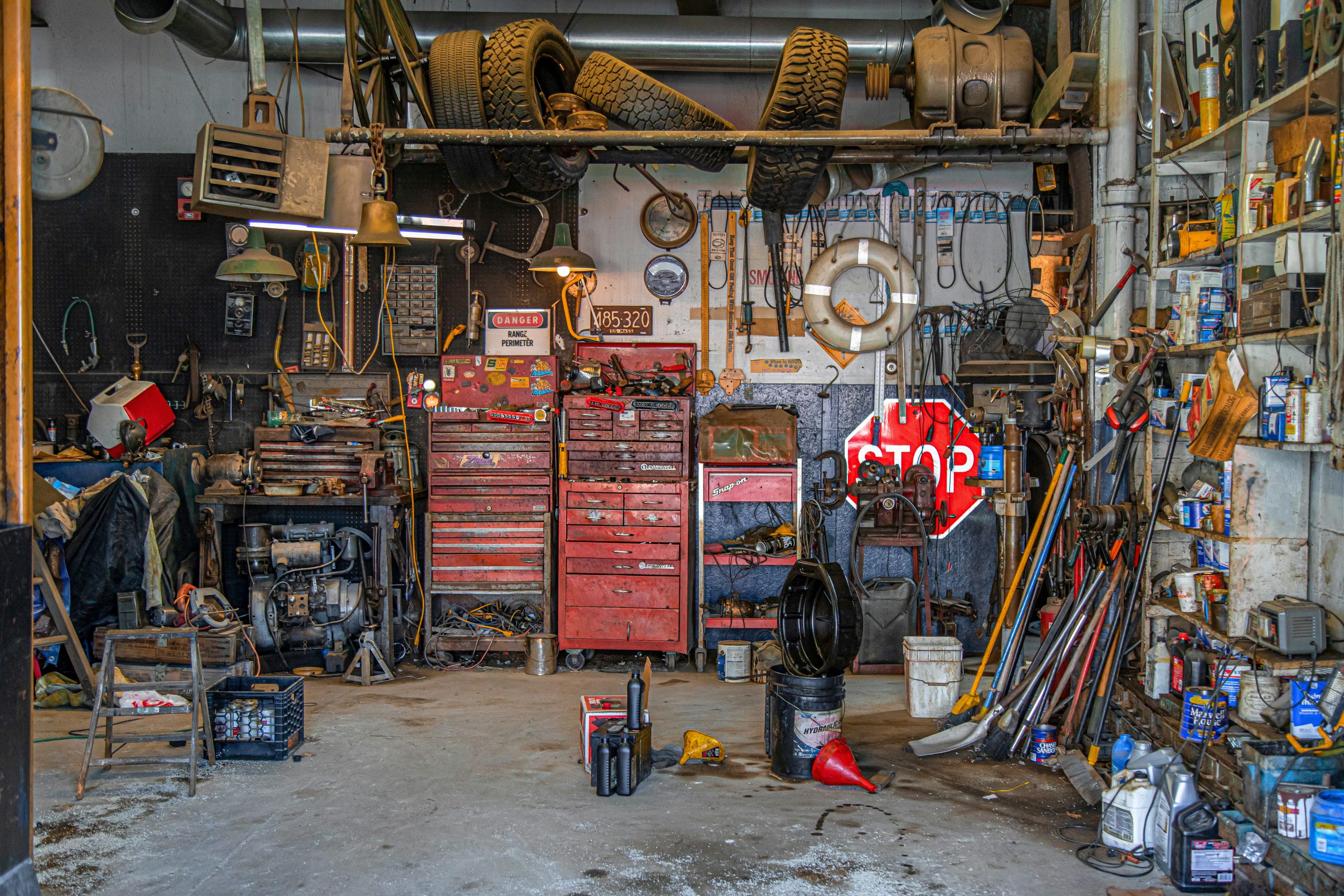We all deal with clutter from time to time. It could be misplaced items scattered in the wrong place or even an entire room filled with things we rarely use. Over time, clutter builds up and affects more than just how your home looks.
Clutter isn’t always a simple organisational issue that you can put off for later. In many cases, it’s tied to deeper psychological and emotional factors. Disorganised spaces often contribute to stress, anxiety, or even depression. They can also leave you feeling out of control in your daily life.
When you understand the psychology of clutter, you’ll see why solutions like self storage help you regain control of your home and your mental well-being.
The Psychology Behind Clutter
Clutter is not only a physical problem—it often reflects psychological patterns. People accumulate items for emotional reasons, habits, or even fears.
Emotional Attachment to Clutter
Many people keep items because of the memories they hold. Objects remind us of people, places, or special moments. While it’s natural to keep sentimental items, this attachment can easily get excessive. For example, holding on to every birthday card or every souvenir may sound harmless. But over a lifetime, this behaviour quickly builds clutter.
Fear of Losing Control
Others hold on to items “just in case.” They imagine a future moment when those things might be useful, even if they’ve gone untouched for years. This mindset often leads to hoarding, filling valuable space with unused items.
Identity and Self-Worth in Clutter
Clutter sometimes ties into how people see themselves. Old books, clothes, or hobby equipment may represent past achievements or versions of identity. Holding on to them can create inner conflict and a reluctance to move forward.
Procrastination and Decision Fatigue
Sorting clutter requires decisions, and decision-making can feel exhausting. Many people postpone the process, thinking they’ll deal with it later. Unfortunately, “later” rarely comes, and clutter continues to grow.
The Impact of Clutter on Mental Health
Too much clutter does more than crowd your home—it affects your mental state.
Clutter and Stress
Living in cluttered spaces bombards the senses. Visual overload makes it harder to focus, relax, or feel at peace. As a result, your brain may trigger stress responses that leave you anxious or restless.
Clutter and Productivity
Working or studying in cluttered rooms reduces focus. With too much visual information to process, concentrating on tasks becomes difficult, which hurts productivity.
Clutter, Shame, and Guilt
Clutter often creates feelings of embarrassment or guilt. Some people avoid inviting guests or hosting family because they feel ashamed of their living space. This isolation can deepen loneliness and make the situation worse.
How Self Storage Helps You Manage Clutter
Understanding the psychology of clutter is the first step. Finding practical solutions is the next, and self storage offers a safe and effective option.
Declutter Without Stress
Self storage gives you a place to move items out of the home without forcing quick or stressful decisions. You can sort through things at your own pace.
Create a Healthier Environment
By moving excess items into storage, you free up space at home. This creates a cleaner, calmer, and more organised environment that benefits your mental health.
Gain Flexibility and Control
With self storage, you can decide what to keep, donate, or discard on your own terms. This flexibility helps you feel more in control of your space and your belongings.
How Self Storage Australia Supports Decluttering
If you live in Adelaide, Self Storage Australia offers secure and convenient options to help you tackle clutter. Whether you need space for a few boxes, seasonal gear, or large furniture, their facilities provide flexible solutions. With modern surveillance and easy access, you can trust that your belongings are safe while you work toward a clutter-free home.


